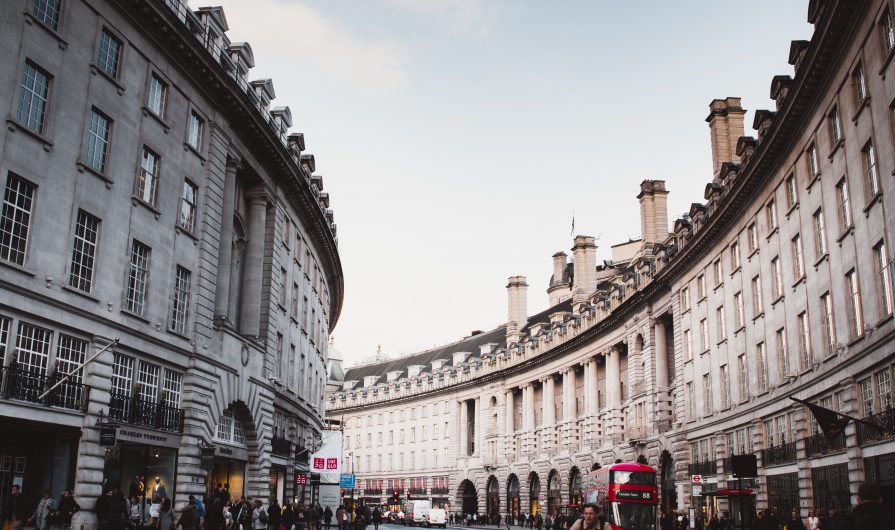An excerpt from ‘Arcadia Abroad’
By Amanda Pearson
November, 1993
The Irish Sea
The boat is listing starboard, the sun, barely apparent behind clouds. Arcadia stands on the deck looking towards the horizon, the wind blows her hair every which way, and brands her cheeks to a sandpapery redness. Standing among the seasick grog runners, the forlorn-faced women wait for illicit appointments and European backpackers. The worst of the journey is over. The town of Holyhead creeps into view. She stands, straight-backed looking forward. Her backpack is tucked in the luggage room in the hull. Her wallet contains some stray Irish Punt in coins and a pink UK driver’s licence with her name, current address, date-of-birth and her location of birth which reads ‘Brighton’.
There’s nothing fraudulent on her documentation. Nothing at all.
As freedom runs go, this is normal. Most breaks for liberty occur on some form of transportation. You have to get where you’re going somehow. For Arcadia, it’s a carefully planned ferry trip, taken after a number of short journeys on planes, trains, coaches, cars and one rather tempestuous ferry ride across the West Atlantic.
The pneumonia she had a week ago is working its way out, her cough audible over the boat’s engine. She tries to work out where she’s most comfortable – inside or out. Inside, the warm, fetid air is drenched in chip fat, vomit and instant coffee. Outside, the puke smell is blown into the sea, mixing with the ship’s exhaust.
She thinks she’ll feel better when she’s on the coach bound for London and the Finchley Road flat where she rents a room off a lesbian from Bhopal. She told Jayanthi she’d be back about this time. Three weeks she said she’d be gone. The rent is paid up until the end of the month.
Not that Arcadia wants to go back there. The top floor of the tenement block leaves her wanting with the rising damp in the lounge, the elevator that reeks of stale urine, and the flatmate’s aggressive Welsh girlfriend who eyes Arcadia like a pit bull does a Pomeranian. Her uninspiring job at the car rental company bores the tits off of her. She has a few loose friends from whom she’s been slowly separating. There’s the sometimes boy, a soft-skinned, conservative New Zealander, all rugby, beer and FTSE index rantings, who sometimes, just sometimes, graces the doorstep after the pub has closed, seeks warmth and comfort for the night and a cuddle and a cup of tea the next morning. He comes and goes, like most things in her life. One day, he’ll disappear and she knows that.
She had no affiliations, no close friends, limited funds and an uncertain future. Like a similar freedom run she made two years before, this feels right.
She’s going to the place she’s choosing to call home.
Another deep cough doubles her over, sending her lurching towards the rails.
‘I’d give up the fags, love,’ a Birmingham accent shouts at me over the engine noise.
Blue, gasping, Arcadia responds, ‘I don’t smoke… yet. Might help, eh?’ Another coughing fit nearly throws her to the deck.
Three days earlier she’d been sprawled over an x-ray machine at Dublin’s Mater Hospital, splayed like a bug on a windscreen, limbs stretched, head limp from exhaustion.
‘Breathe in,’ came the instruction over the loudspeaker.
The breath brought on a paroxysm that shook the room. She coughed for a few minutes, back arching, head back in agony, cold, naked except for a thin hospital gown.
‘Try again. Breathe in.’ The Dublin brogue was gentle, patient, resonating around the chamber.
This time, the breath stayed in. Arcadia remained still. The machine made a hum then a metallic clunking sound.
‘Go get dressed now and go back to the waiting room.’
She rasped a weak thank you, rearranged the hospital gown and departed.
Sometime later, the doctor presented her with the facts from the bedside in the emergency room cubicle. Pneumonia. Not a bad case. No travelling for a few days. Keep quiet. Keep warm. Keep taking the tablets they were going to provide. She could collect them at the hospital pharmacy on the second floor.
‘Have you somebody to look after you?’ he asked.
Who would do that? she wondered. ‘I’m staying at the youth hostel on Mountjoy Street,’ she told the doctor.
‘Well, do your best. I’d admit you, but there are no beds – and you’re not dying – just ill. Paracetamol will bring your fever down. See if you can get your own room so you don’t keep the others awake. And ask somebody to bring you fluids – make you a cup of tea.’
‘I’m normally quiet once I’m asleep. And I can make my own tea,’ she told him.
‘Can you now? You’re sick. You need to go home and recuperate.’
Home.
That mythical place.
Home was a few hours away, or the other side of the world. She pondered where home was.
It all depended on who you asked.


